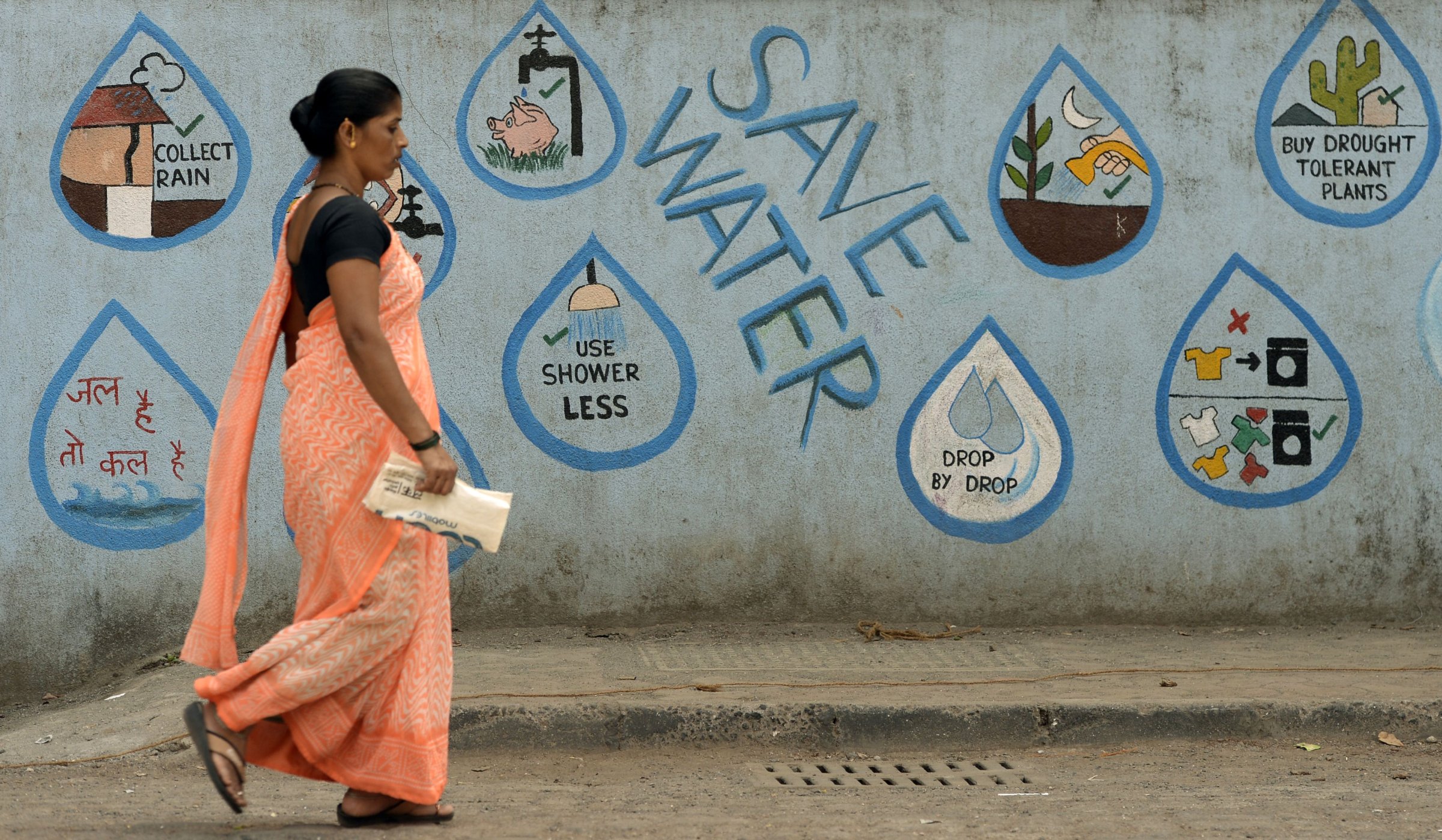
World Water Day, held every March 22, is taking place around the world on Wednesday, aiming at attracting attention to the water crisis with this year’s theme: “Waste Water.”
The day was originally launched in 1993 by the U.N. To coincide with the 2017 date, reports have been published warning of severe water scarcity in parts of Africa and Iran. As drought conditions are reported throughout East Africa, World Water Day feels more timely than ever.
Here’s five facts about water consumption around the world.
Over 80% of all waste water is not used again
Yes, it sounds a little strange, but recycling water, according to the U.N., could partly help with shortages. The waste water instead goes back into ecosystems which it sometimes pollutes.
With the correct treatment and technology, this “waste water” that flows away, could be recycled into “new” water.
70% of water withdrawals are due to agriculture
Agriculture takes up the most water, worldwide. The U.N. said irrigation systems are responsible for most water withdrawals worldwide. That statistic gets worse when countries are not as developed, with irrigation responsible for over 90% of water withdrawal, the U.N. reports.
This is particularly problematic as these countries are often those where access to water is already flawed. More efficient methods of farming and of providing crops with water need to be developed and used if the current situation is to be improved.
Leaking taps waste around 5,500 liters of water a year
Dripping taps, according to the British NGO Waterwise, waste a huge amount of water.
To try and encourage us all to do our bit, the EPA have helped to run a ‘Fix a Leak’ week for close to a decade. The organization’s Watersense program, said that over 10,000 gallons of water are wasted due to household leaks.
Less than 3% of the world’s water is drinkable
And most of that is trapped in Antarctica and the Arctic, National Geographic reports, and therefore inaccessible for humans to use.
Over 20% of freshwater fish species are now endangered or extinct
Freshwater use has a significant impact on the environment. According to the U.N., these species have been hit because of human water consumption. So reducing water waste won’t just help reduce bills— it will also do good for nature.
More Must-Reads from TIME
- How Donald Trump Won
- The Best Inventions of 2024
- Why Sleep Is the Key to Living Longer
- Robert Zemeckis Just Wants to Move You
- How to Break 8 Toxic Communication Habits
- Nicola Coughlan Bet on Herself—And Won
- Why Vinegar Is So Good for You
- Meet TIME's Newest Class of Next Generation Leaders
Write to Zamira Rahim at zamira.rahim@time.com